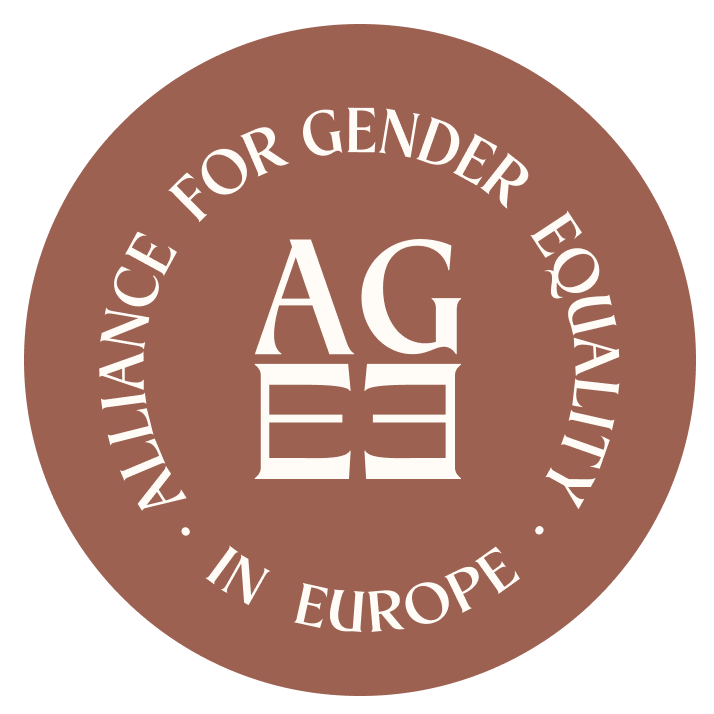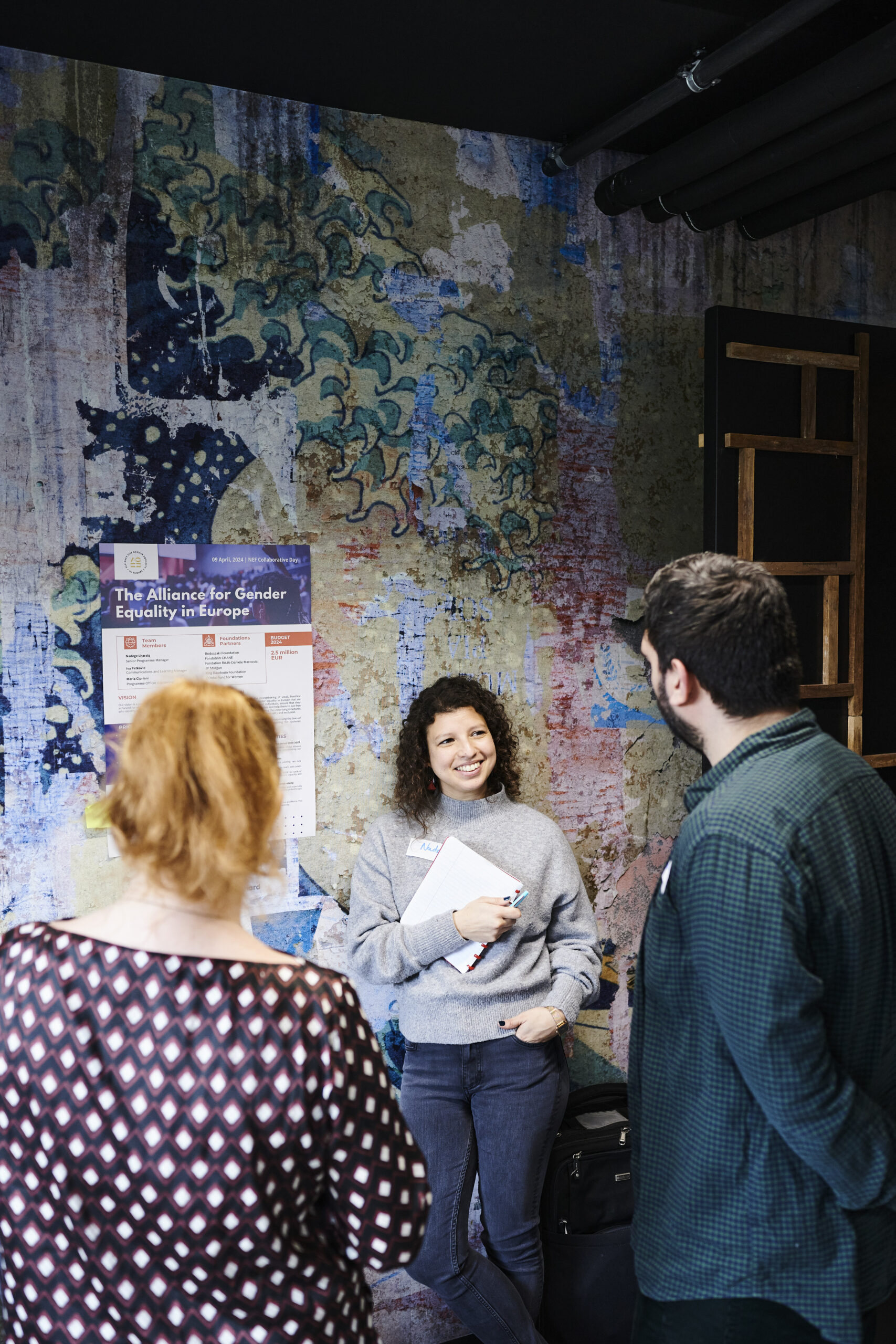The Network of European Foundations (NEF), the host of the Alliance of Gender Equality in Europe, has released its Triennial Review 2022–2024 report, showcasing its unique approach to philanthropy and highlighting the impact of its collaborative funds and partner grantees.
Founded on the belief that Europe’s philanthropic sector needed to work more collaboratively to increase its societal impact, NEF serves as a launch pad for funders to initiate collaborative initiatives like ours – swiftly, efficiently and effectively. Through this collaborative model, NEF continues to strengthen democracy and social inclusion in Europe at a time when both are increasingly under threat.
Since the launch of the Alliance for Gender Equality in Europe in 2021, NEF has provided the robust backbone that has allowed our fund to grow and thrive. Its comprehensive support – financial, legal, administrative and programmatic – has enabled our programme team to focus on what matters most: delivering grants and capacity support to grassroots organisations sustaining progress and advancing gender equality across Europe.
Between 2022 and 2024, NEF has hosted 15 collaborative projects that have collectively distributed €30 million to 326 organisations in 36 countries. This impressive reach speaks to the potential of pooled funding models to accelerate social change.
Yet, behind these numbers are equally inspiring stores of change. One of these is our grantee partner Asociația A.L.E.G. (Association for Liberty and Gender Equality), a Romania-based NGO with over twenty years of experience combatting and preventing violence against women and promoting gender equality.
Quote
Spotlight on grantee partner of the Alliance
What gender equality advances have been made in Romania?
In 2024, after a three-year campaign spearheaded by A.L.E.G. and involving dozens of civil society organisations and trade unions, the Romanian Parliament voted to ratify the International Labor Organization’s (ILO) Convention on Violence and Harassment. Those international legal standards will now be applied nationally – an outcome of A.L.E.G.’s advocacy around a variety of related issues, including updating the legal definition of what constitutes the ‘workplace’.
Many women whose testimonies we collected suffered harassment outside the actual office (during work-related travel, at conferences, in accommodation units or via messaging apps), and it failed to meet the legal definition of workplace harassment. In order to escape violence, some of those employees ended up quitting their jobs. Now that the legislation is changing, and more situations of harassment can be reported, sanctioned and compensated for, our work moves to ensuring that employers establish proper reporting mechanisms and, more importantly, focus on prevention, not just response.
As a result, A.L.E.G. is increasingly contacted to deliver training and strategic advice for employers around the country, helping them fulfil their new responsibilities for preventing violence and harassment in the workplace. This allows the organisation to expand its geographical reach while ensuring that services for beneficiaries can remain free of charge, contributing to its long-term sustainability.
Since 2022, A.L.E.G. has also worked with some of the thousands of refugee women who fled from neighbouring Ukraine, and included them in workshops and training on self-defence, assertive communication and mindfulness techniques. Building on A.L.E.G.’s two decades of experience delivering counselling online and offline, we are also increasingly raising awareness around the issue of economic control and how it can constitute a form of violence.
We work with women on financial education and mentorship and with men, focusing on gender stereotypes as a root cause of coercion, violence and other toxic masculinity behaviour. A.L.E.G. will continue emphasising the benefits of maintaining equality on the European public policy agenda, because progress in the field can be quickly reversed, particularly in a new age of authoritarianism and misogyny.
— Camelia Proca, founder and director of Asociația A.L.E.G.End quote
In addition to Asociația A.L.E.G., the Alliance has supported many other grassroots organisations doing essential work on women’s economic inclusion, LGBTQ+ rights, reproductive rights, protecting migrants, helping women stay safe, and many other issues. Their stories – some of which you can also find in our latest Impact Report – serve as a reminder that positive change is always possible, even when the odds seem insurmountable.
Inside NEF’s Triennial Review 2022–2024 report, you will find a collection of success stories that demonstrate the difference NEF and collaborative philanthropy is making across a range of issue areas in Europe, from strengthening democratic societies to advancing AI governance in the public interest and promoting gender equality.

